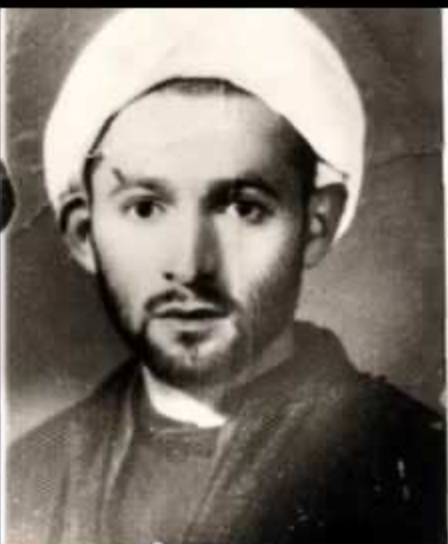Hajime Nakamura (1912-1999) was an eminent Indologist and specialist of #Vedanta and #BuddhistPhilosophy at #TokyoUniversity 1/ 



His early work was on the #Vedanta and remains important work 2/ 



His studies on #Buddhism were equally valuable 3/ 



Perhaps the work which is best known is based on lectures he gave at Hawaii and published in 1964 - Ways of Thinking of Eastern Peoples 4/ 







This was the first book I bought on Amazon back in 1998 as a grad student 4a/
He makes it clear that he is not essentialising and in comparison to the period in which what we now call #Orientalism he was critical of the juxtaposition of #occidental and #oriental 5/
In the introduction he sets out a number of common assumptions of opposites between #Occident and #Orient: individual vs community, logical vs intuitive, analytic vs synthetic, materialist and naturalistic vs spiritual and religious, rational vs irrational 6/
Dynamic va passive, this-worldly vs other-worldly - the point is that human nature is universal and not pitting #West vs #East 7/
But the work - like his other work - falls within the rubric of #comparative_philosophy with an interest in #intellectual_history 8/ 

It is also a critique of the idea that global and universal approaches to #philosophy must necessarily be #Western 9/
Eastern ways of thinking focuses therefore on #logic and logical forms as well as on systems of thought to present what is #philosophical in Eastern thought 10/
And his own work is not about focusing on #Vedanta and #Buddhism because it reflects the intuitive the #mystical and the #exotic but it is the #logic and #epistemology 11/
One cannot help thinking that Nakamura’s work is not only a response to the experience of imperial Japan but also a pride in the East that is a reaction to the westernisation of postwar #Japan in which India and even the Arab world played an important role.
• • •
Missing some Tweet in this thread? You can try to
force a refresh
















